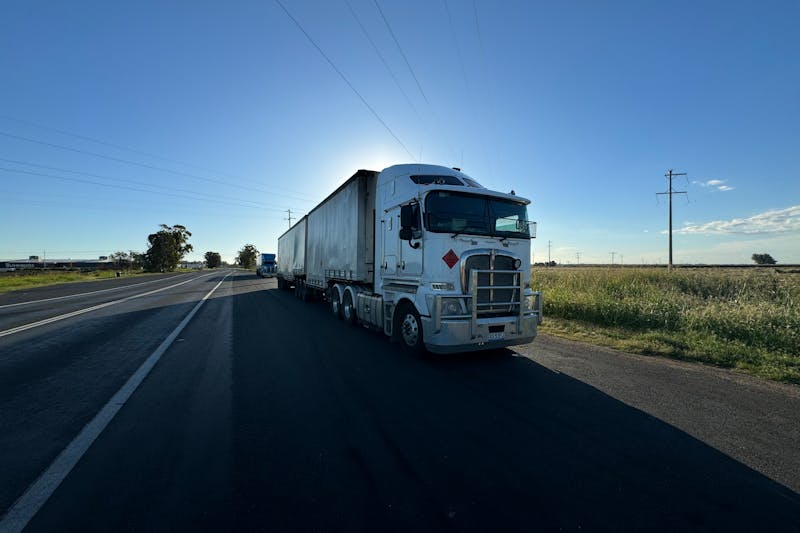Asbestos Lawsuit News Military Defense Contractor Faces Class Action Lawsuit
KBR, formerly Kellogg, Brown, and Root and previously a subsidiary of Halliburton, faces injury lawsuits filed by both military and civilian personnel for burning toxic waste, including asbestos, as a cost-saving means of avoiding proper toxic waste disposal. Since 2003, toxic waste was burned in open-air burn pits that produced thick palls of chemically fetid smoke that, according to the class action lawsuit, endangered or caused long-lasting health problems in a minimum of 100,000 people. (See last month’s TN Injury Law Blog asbestos posting for a local lawsuit involving asbestos exposure through illegal disposal.)
Injuries from the illegal burning include chronic asthma, kidney disease, and cancer. Though various toxic chemicals were burned, including lithium batteries, human corpses, paints and solvents, medical supplies, and plastic water bottles, perhaps most alarming in my view as an asbestos lawyer was the quantities of asbestos insulation thrown into the pyres and reports of lung injury. Burning plastic releases dioxins, a known carcinogen. Asbestos inhalation, of course, is a major cause of mesothelioma.
Also alarming is the report that the burn pits are still in operation at Joint Base Balad (formerly Balad Air Base), the largest base in Iraq.
These KBR-operated burn pits were frequently located near soldiers’ and contractors’ quarters and were so thick that visibility through the multi-colored smoke was reduced to only a few meters. Smoke was so bad in some instances that it interfered with our troops’ military mission, compromising base security.
The current class action lawsuit filed in federal court combines 22 of the 34 separate lawsuits against KBR for injuries the pits’ emissions allegedly caused American personnel. At least two of these lawsuits originated in Nashville, TN federal court. One Tennessean serviceman’s complaint states he developed asthma, trouble breathing, migraines and a chronic cough as a result of inhalation during his two tours in Iraq. Another soldier’s lawsuit claims, as a result of the asthma he has developed, his lungs are so injured that he relies daily on two steroid inhalers, as well as a rescue inhaler, which has severely altered his capacity to serve his country.
Plaintiffs seek KBR and the other companies to cover future medical expenses and compensatory damages. Also sought are punitive damages “in an amount sufficient to strip defendants of all of the revenue and profits earned from their pattern of constant, wanton and outrageous misconduct…”
A KBR spokesperson has issued a statement that KBR only followed military operating procedure and denies burning human corpses.




![Average Settlement for Car Accidents in Nashville [What to Expect in 2025]](https://www.thehigginsfirm.com/wp-content/uploads/2025/03/car-accident-settlement.jpg)
